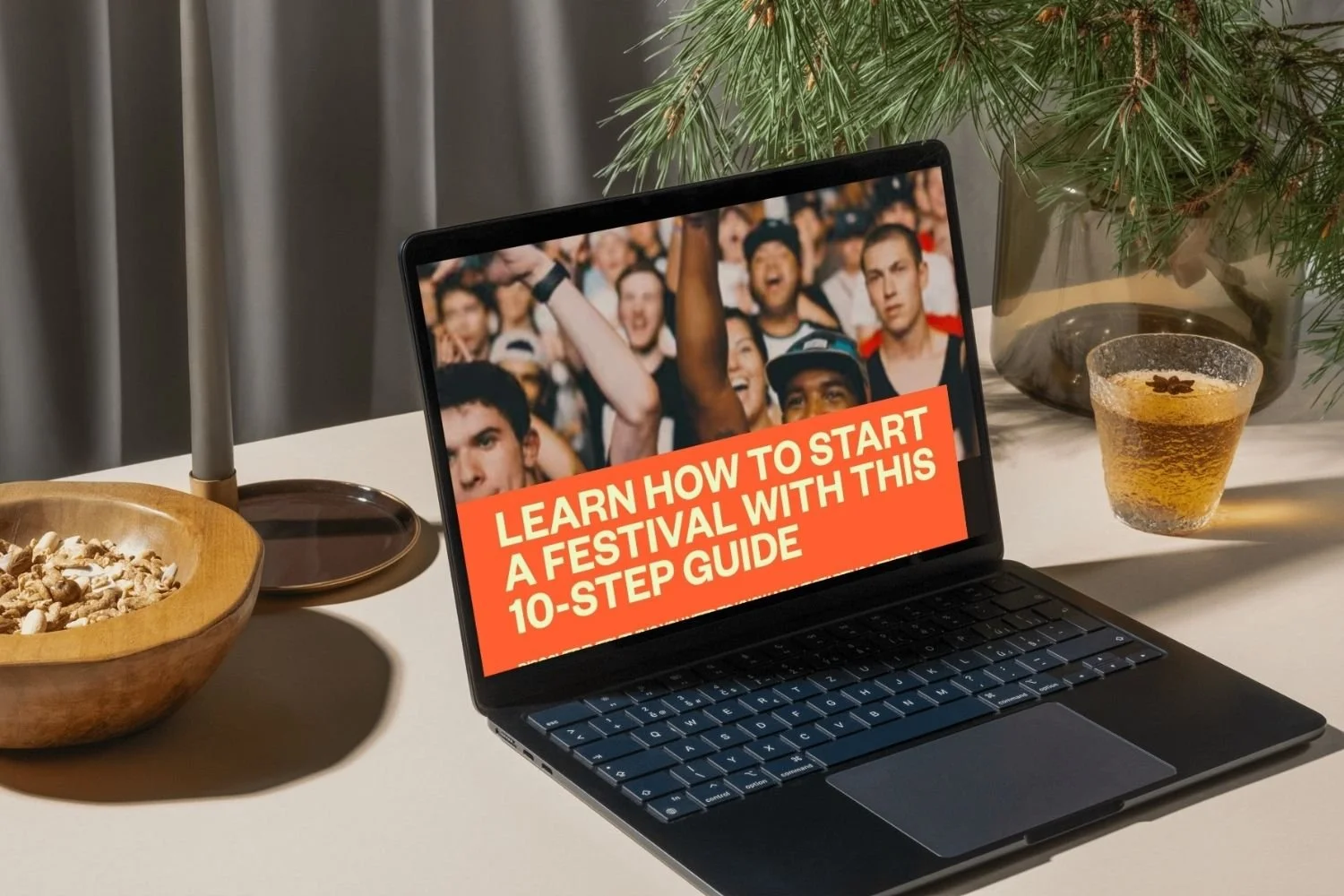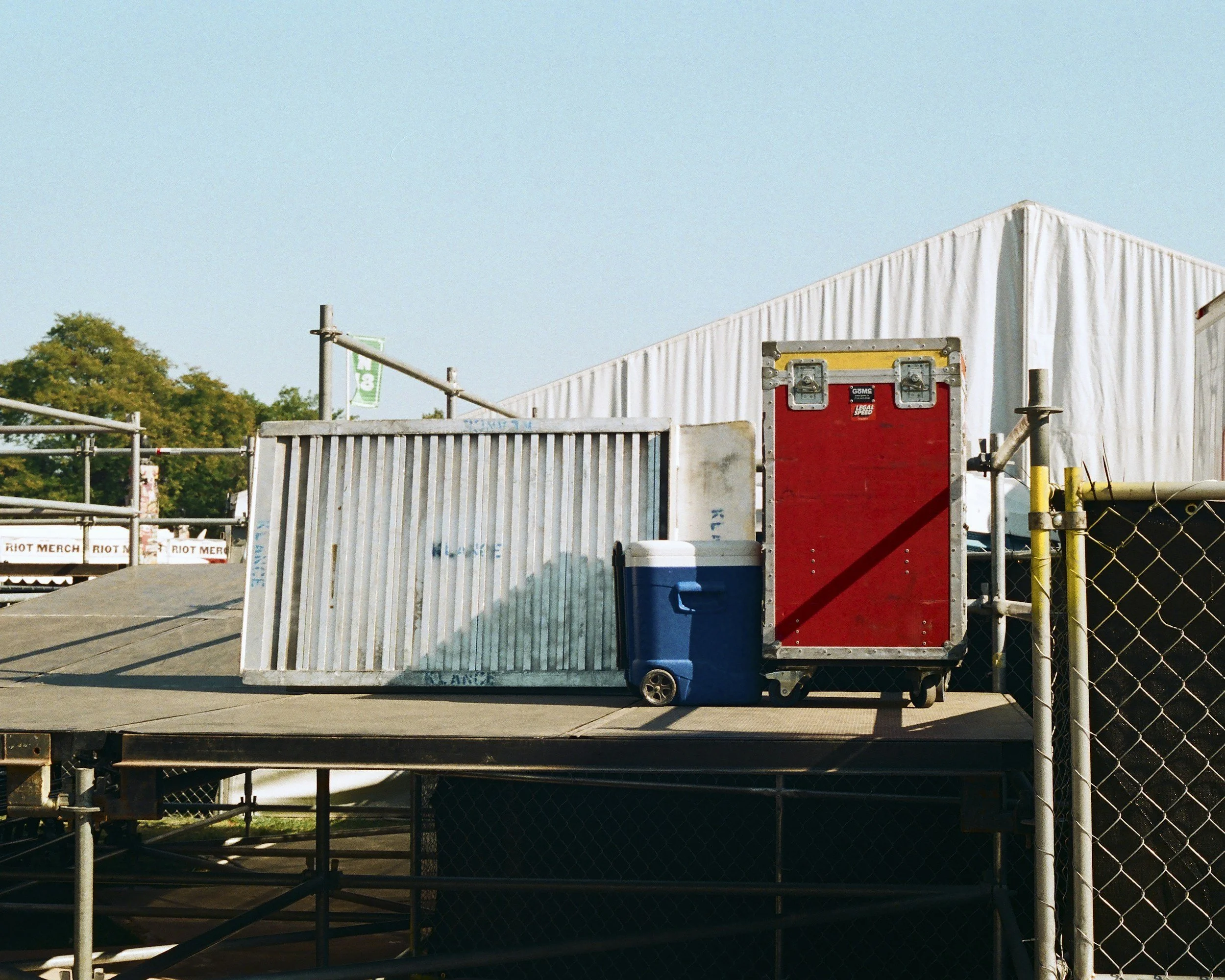Vendor Checklists You Actually Need
Vendors can make or break your event.
Great ones deliver on time, communicate clearly, and handle their part without fuss. Poor ones? They create chaos, confusion, and last-minute emergencies you didn’t budget for.
Most planners think they’re asking the right questions when booking vendors. But too often, we rely on memory, assumptions, or recycled checklists that don’t reflect the reality of the job.
This article walks you through the vendor checklists that actually matter — the ones that save time, reduce risk, and ensure everything gets delivered as promised.
Start With These 3 Core Categories
Every vendor you engage should be assessed on these three key areas:
Service Scope
Operational Requirements
Compliance & Risk
Let’s break these down…
1. Service Scope: What Exactly Are They Delivering?
This is your foundation. You need to confirm:
What’s included (and what’s not)?
Setup and pack-down times?
Crew numbers on the day?
Does their pricing include GST?
Are they bringing their own tools, vehicles, and labour?
Too many planners get caught assuming things like “delivery” includes setup, or that “AV package” means it’s staffed. Spell it out in plain terms.
Checklist Tip:
Ask for a full list of inclusions and exclusions in writing—not just a brochure. And always clarify arrival times and site access expectations.
2. Operational Requirements: What Do They Need From You?
It’s not just about what they provide — it’s what they need to function on-site:
Power access (how many amps? Single phase or three-phase?)
Parking or unloading access?
Clearance for vehicles or trucks?
Does their gear fit through doors, lifts, or pathways?
Meal breaks, green rooms, or water access for crew?
A good vendor will ask for this. A great planner provides it before they need to.
Checklist Tip:
Create a shared document or email template that asks every vendor for their tech specs, load-in requirements, and crew support needs.
3. Compliance & Risk: Are They Event-Ready?
Before anyone steps on site, you need to ensure they’re covered:
Public liability insurance (current and adequate)
Safe work method statements (SWMS) or risk assessments
Vehicle registrations if driving on site
Certifications (e.g. high-risk work, rigging, electrical)
COVID-safe or hygiene protocols (if applicable)
It’s your event, but their risk can become your responsibility if something goes wrong.
Checklist Tip:
Keep copies of all vendor documentation in a central location. Update it before every event.
Extra Things to Consider for Key Vendors
Depending on their role, here are some additional specifics to check:
For AV & Production
What backup systems do they have?
Who’s responsible for operating (you or them)?
Do they need a rehearsal window?
For Caterers
Do they bring their own serviceware and staff?
What’s their waste disposal plan?
Can they handle dietary requirements safely?
For Infrastructure Suppliers (e.g. fencing, marquees)
Do they require pegs or ballast?
Have they reviewed site conditions?
Are they booking delivery permits if needed?
Want to use ChatGPT to review your checklists?
Meet the Event Planning Assistant by Event Kit in ChatGPT.
We created this free GPT to be your on-demand co-planner that works with the same simple templates you already use.
Ask it to draft run sheets, sanity-check budgets, suggest risk treatments, or polish vendor emails, all inside a clear structure that keeps you in control. You can ask for anything from general event planning advice through to work within the structure of our Event Kit templates!
It’s designed to be your very own event planning agent, to help you start event planning faster, spot gaps, and customise our templates for any event.
Want more practical event planning tips? Bookmark these extra guides.
How to Build an Event Day Timeline
Leveraging ChatGPT in Event Planning: New Ways to Creativity & Efficiency
Final Thought: Paperwork Protects You
Vendor checklists aren’t just paperwork — they’re a planning tool that protects your event.
Most planners think they’re asking the right questions when booking vendors. But too often, we rely on assumptions, or outdated checklists that don’t reflect the reality of the job.
Don’t rely on memory. Build a system that reflects how events really work. Because when something slips through the cracks, it’s rarely the vendor who wears the blame… it’s you.
You Might Also Like
Meet Your Mentor
Hi, I’m Rachella — founder of Event Kit, and an Event Consultant with 25+ years of experience running world-class festivals and public events. I started Event Kit because I knew there had to be a better way. These are the tools and tips I wish I’d had when I was starting out, and now I’m sharing them with you.
EVENT KIT LIBRARY
Guides & Tutorials: Expert Insights & Event Planning Inspiration
Your go-to for practical event planning advice, from beginner basics to smart professional development.




















